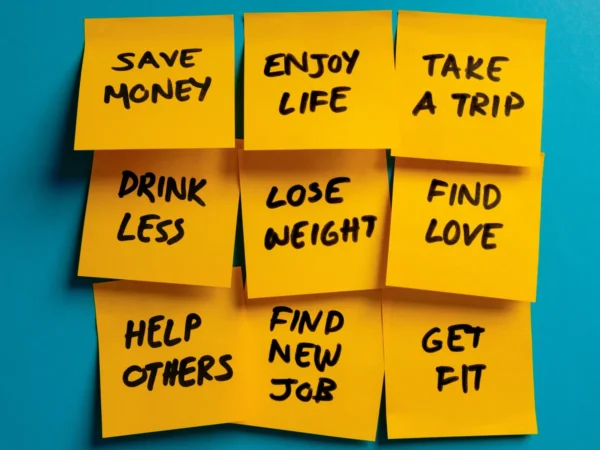
The Art of Distraction – How to Curb Cravings This Lent

Whether you’re trying to give up ice cream, cheesecake, cigarettes or Cabernet Sauvignon, you won’t be a stranger to cravings.
Cravings are described as a motivational state where you feel compelled to find and consume a substance, for instance chocolate, which is arguably the most commonly craved food.
Yet, the more you try to put the object of your desire out of your mind, the more you can’t stop thinking about it. And so, the stronger your craving becomes, the more you just must give in and satisfy it.
If this feels familiar, the best thing you can do is distract yourself instead of trying to stop yourself from thinking about the thing you’re craving.
The art of distraction

Distraction isn’t always considered as something beneficial and it can be used to delay the inevitable, but distraction can be a positive action too. In this context, distraction isn’t about suppressing your cravings or denying yourself something. It’s when you redirect your thoughts from one thing to another, either a mental or physical activity – preferably something you must devote your full attention to.
And when you consider that research suggests cravings become weaker within about 15 minutes, all you need to do is distract yourself for a short amount of time.
One study from Plymouth University has even shown that you only have to play a computer game for 3 minutes before your cravings for food start to diminish. The same technique works for other types of craving too.
Why not try distracting yourself as soon as you feel yourself craving for that bit of chocolate or reaching for a pack of cigarettes. You could, for instance, try to do the following:
• Phone a friend or talk to a work colleague
• Go for a walk
• Read a chapter or 2 of an absorbing book
• Do some exercise such as push-ups, skipping or dancing
• Practice meditation
• Clean your house or car
• Watch an episode of your favourite Netflix series
• Look through old photos
• Reply to those emails you’ve been putting off
There are also a whole host of other ways you can help combat cravings. Along with learning to distract yourself, here’s some other tips you can try.
1. Replace it
Try replacing your food cravings with a healthier alternative. If you’re trying to give up sugar, chocolate or crisps, for example, make sure you’re prepared and take an alternative to fill you up throughout the day. Fresh fruit, Greek yogurt, fruit and nut bars, vegetable crisps and sugar free popcorn are all healthier (and tasty) alternatives which might help to curb those cravings, so stock up and get snacking.
2. Drink plenty of water
Hunger is often confused with thirst, so if you suddenly feel the urge for a certain food, drink a large glass of water. After a few minutes your craving might fade away, if not, you may be genuinely hungry, and a healthy plate of fruit might just do the trick.
3. Avoid hunger
Hunger is often the main reason we experience cravings, so make sure you plan your meals to avoid feeling hungry. Eat small, healthy dishes more regularly so you don’t feel the urge to eat something that will offer a quick fix.
4. Drink herbal tea
Drinking plenty of water, as mentioned above, is a great tactic in fighting cravings so why not try drinking herbal teas such as peppermint, chamomile or green tea. Some herbal teas can also offer a sweet taste which will help if you’re craving sweet treats and are often a great source of antioxidants as well as being good for your gut health, so drink up.
5. Deal with stress
Stress is known to induce food cravings and can have a negative impact on our eating habits. Unfortunately, this is especially true in women. Women experiencing levels of stress are more likely to eat more calories and experience more cravings. Acknowledge when you’re feeling stressed and try one of the tips above if you’re about to opt for a sugary treat rather than a healthy snack. Meditation, exercise and eating well are all known to help reduce the effects of stress so why not try new ways to manage your stress levels.
Whilst following the above tips will help to curb cravings, remember to give in a little now and again and give your self a bit of what you’ve been craving. Try to just eat a small handful of sweets as opposed to the full bag but eat your treat as slowly as possible. Really think about what you’re eating, concentrating on the taste and texture. It’s also important to chew your food rather than eating it as quickly as possible. This gives your body time to catch up with what you’ve eaten so you will feel full sooner.
By: Laura Little, Learning & Development Manager CABA













































